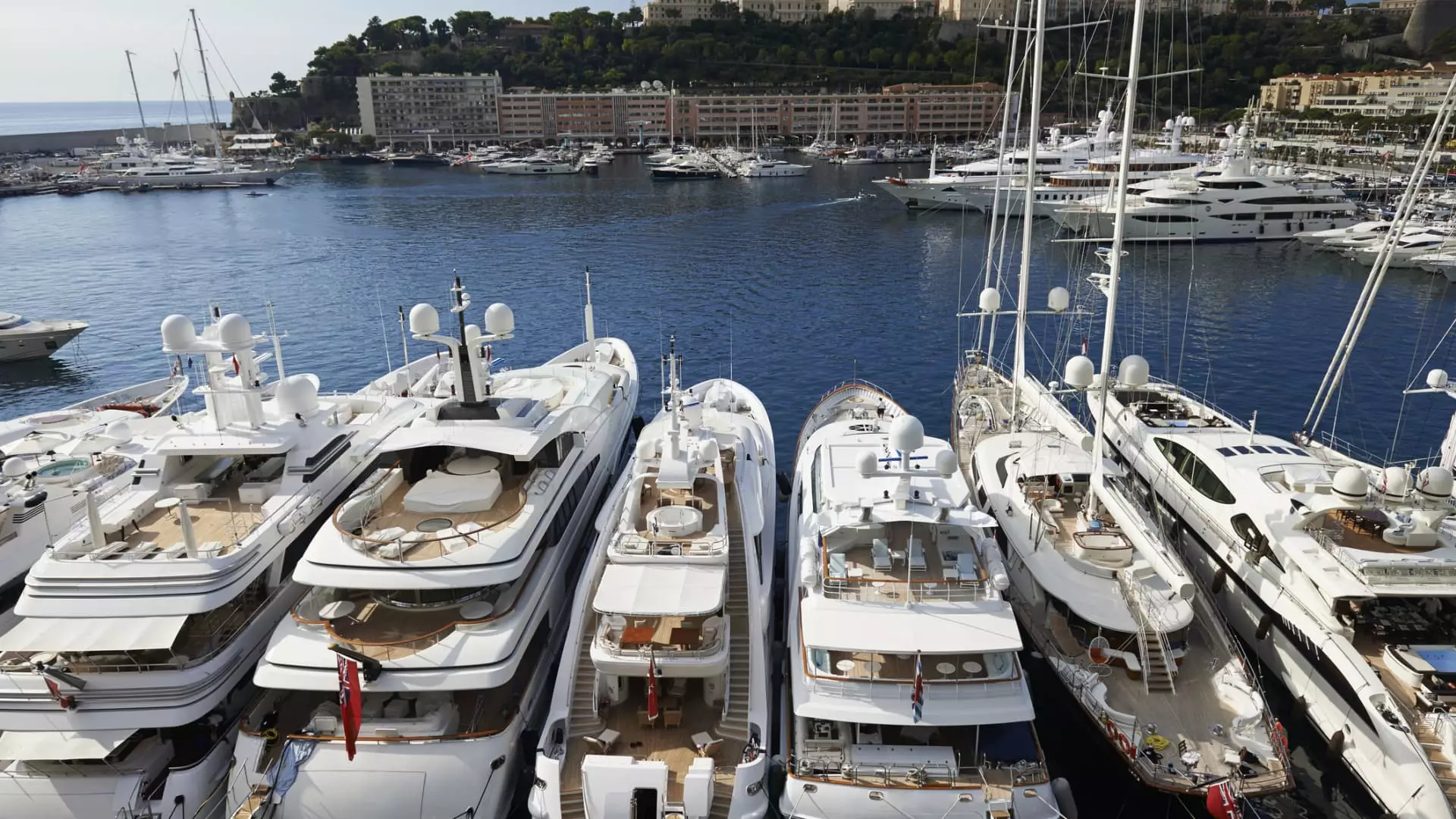Protectionist policies, such as the recent 15% tariffs on European-made recreational boats, often appeal to nationalistic sentiments and serve as a quick fix for economic dilemmas. However, these tariffs reveal a fundamental misunderstanding of how interconnected and complex global industries truly are. While the intent might be to shield domestic manufacturing, the reality shows that such measures often backfire, damaging the very economic fabric they aim to strengthen. The luxury yacht sector, heavily dependent on European craftsmanship, stands as a prime example of how misguided protectionism can destabilize consumer markets and threaten broader economic resilience.
By imposing tariffs, the government inadvertently raises costs for affluent consumers, altering willingness to spend on high-end luxury goods. This isn’t just about yachts; it’s a sign of a larger disconnect between policy and economic reality. The American elite, often seen as insulated from the immediate effects of tariffs, are still sensitive to price fluctuations that influence their purchasing decisions. When the costs of a multimillion-dollar yacht rise, even the ultra-wealthy may reconsider or seek workaround strategies, fostering a cycle of evasive tactics rather than genuine industry innovation or growth.
The Wealthy Are Not Immune: Strategic Evasions and Their Consequences
The wealthy possess the resources to navigate around these tariffs, but their actions have wider implications. Registering boats abroad, for example, may seem like a clever escape route, but it highlights a systemic failure to consider the long-term health of domestic industries. When significant segments of the luxury market avoid paying tariffs through foreign flagging, it weakens the domestic economic infrastructure and erodes fiscal revenues that could fund public goods or industry development.
This strategic evasiveness is a symptom, not a solution, exposing the flawed premise that tariffs will bolster national manufacturing. Instead, they shift the economic burden onto consumers and create a split market—those who can bypass the tariffs and those who cannot. Larger yachts and pre-owned vessels can often dodge duties, but smaller crafts get stuck with increased prices, fostering inequality within the luxury segment itself. Such a divide diminishes a unified market and sends a troubling message about the fairness and sustainability of trade policies.
The Ripple Effects Beyond the Yacht Industry
Protectionist policies in one niche inevitably cascade across related sectors and the broader economy. Suppliers, shipbuilders, maritime service providers, and even financial sectors integral to yacht sales feel the ripples. As demand wanes for European luxury boats due to higher costs and regulatory hurdles, U.S.-based manufacturers might temporarily see a boost, but their long-term prospects are questionable if tariffs persist. Such artificial boosts risk creating bubbles, ultimately leading to stagnation or decline once these policies lose political support or economic realities shift.
Furthermore, this approach reinforces a misguided narrative that tariffs can be a tool for economic self-sufficiency. In reality, they threaten to undermine the global supply chains that make American industries competitive, especially in high-skilled, high-value sectors like luxury manufacturing. Instead of fostering innovation and efficiency, protectionist tariffs often create a climate of uncertainty and mistrust, which deters both domestic and foreign investment.
A Shift Toward a Fragile Economic Structure
In the grand scheme, the tariffs symbolize a misguided attempt to wield economic nationalism as a shield. They foster a climate of short-term gains at the expense of long-term stability. The luxury yacht industry, with its intricate supply chains and international clientele, exemplifies how such policies distort markets and breeding grounds for evasive tactics. They marginalize those who cannot afford to maneuver around them, deepen economic divides, and weaken America’s global economic standing.
A more constructive approach would focus on building resilient industries through innovation, fair trade, and strategic investments rather than resorting to simplistic tariffs that ultimately penalize consumers and distort markets. Erecting barriers may provide fleeting political victories or appease certain constituencies, but they threaten to erode the foundational principles of an open, interconnected economy that benefits all—especially when it comes to the aspirations and luxury pursuits of the nation’s wealthiest. Protecting domestic industries doesn’t mean inflicting unnecessary damage; it requires nuanced policies rooted in fairness and foresight rather than impulsive economic nationalism.


Leave a Reply